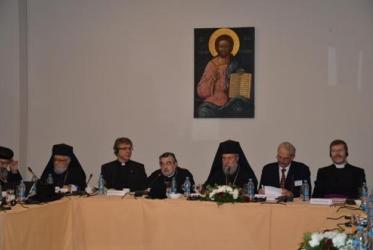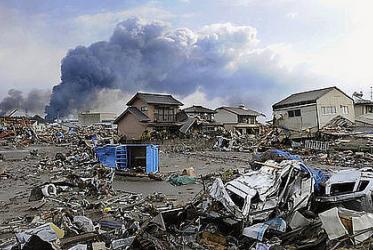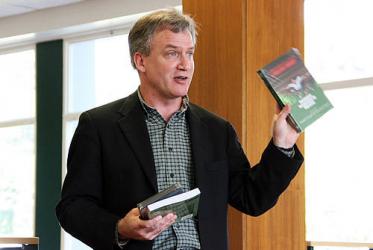Displaying 11121 - 11140 of 14915
Churches in Japan recover as ecumenical spirit shines
24 March 2011
IEPC youth essay contest: five winners
14 March 2011
WCC general secretary calls for prayer for Japan
12 March 2011
WCC general secretary visits Korea
10 March 2011
Migration and theological method
09 March 2011
Scholars study WCC in 1960s and ’70s
09 March 2011








